Scandal erupted back in 2007 when a Japanese weekly magazine, Shukan Gendai, reported that Asashoryu, a grand champion sumo wrestler, had bought his way to the top, paying off opponents in exchange for winning matches, and that he wasn't the only sumo wrestler to do so. The Japan Sumo Association conducted its own internal investigation, found no evidence of match fixing, and took Shukan Gendai's publisher, Kodansha, to court for damaging the JSA's reputation—and won to the tune of over 40 million yen, the biggest amount ever awarded in a Japanese libel case surrounding a magazine article.
But the thing is, Shukan Gendai's reporting was sound. Matches were being fixed. (Albeit, to this day it's unknown if Asahoryu was a part of this bout-fixing, but other sumo wrestlers involved in the case have since come forward.) And if this case happened in the United States or another developed country, things would have probably turned out way differently. But defamation laws and how they're interpreted shift and change depending on what country you're standing in and where that country's society places cultural value.
You don't need to be a lawyer to appreciate a few slander and libel cases, and in fact, knowing a little bit more about defamation laws in Japan will boost your own cultural understanding and may even save you from seeing the inside of a courtroom. (See? Who needs law school when you have Tofugu?)
First, A Little History
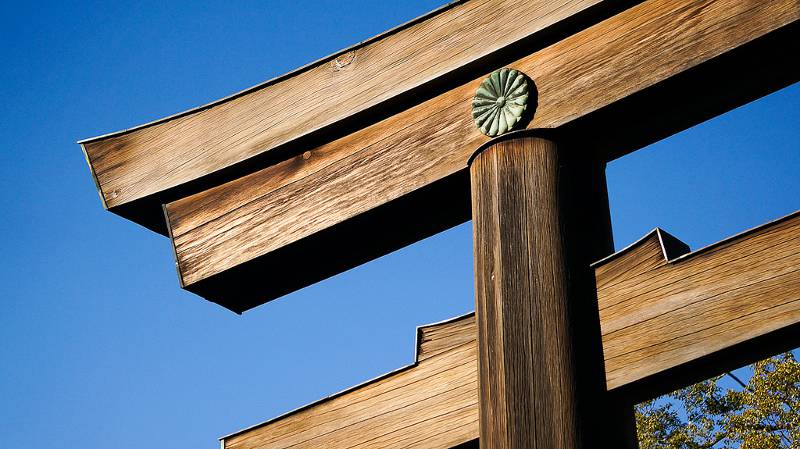
Japan has some serious literary cred when it comes to its poetry and prose, both of which can be traced back centuries. But Japan's press didn't really gain its footing until the Meiji era, when, in an attempt to bring Japan up to speed with the West, the Meiji government started encouraging common Japanese people to become more informed about current events. A knowledgeable citizenry is always a rad idea, but in this case, it also resulted in a press that was basically another arm of the government, and a tool for the government to disseminate whatever information it wanted.
Fast-forward and things changed again for Japan's press when, in the aftermath of World War II, General MacArthur and his American staff drafted a new constitution for Japan, which is still in use to this day. Reading the Japanese Constitution, it's pretty obvious that MacArthur and his team drew heavily on the United States Constitution. So it probably comes as no surprise that freedom of speech is pretty open-ended in the Japanese Constitution as well. But with that open-endedness comes a lot of room for interpretation, and that's where culture can really come into play. For example, Japanese courts are much more inclined to protect and focus on reputation than United States courts. A United States court is going to be concerned about whether the statements in question subject the plaintiff to intense ridicule or public hatred; a Japanese court will tend to focus on whether the statements in question reduce the respect of the plaintiff in his or her community.
Slander vs. Libel
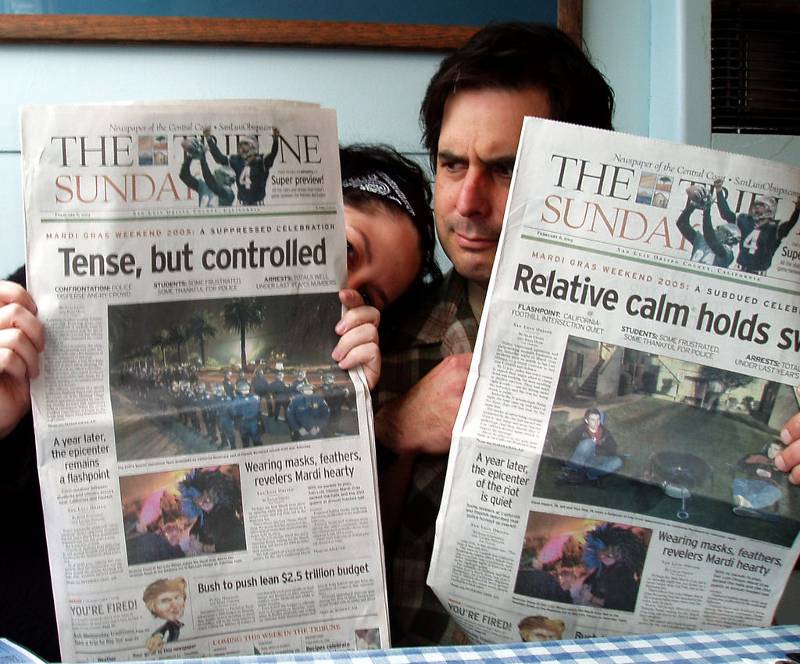
But before I get into more of the nitty-gritty of Japan's defamation laws, let's toss up some definitions real quick. Defamation is the act of saying something untrue about someone else in order to harm their reputation and can be divided into two subcategories: slander and libel. Slander is defamation that's spoken, and libel is defamation that's printed. (Simple, no? Though as a point of interest, Japanese law doesn't make a distinction between libel and slander.)
Exactly what can count as defamation and who can sue for it changes depending on which country's law book you're using. For example, in the United States, once you're dead, you can no longer seek legal protection from slander or libel. People can say anything they like about you, true or not, because your reputation and societal standing aren't worth anything once you're a corpse. Japanese corpses, however, can still protect their good name and reputation under the law, so long as what's being said about them is false.
Defamation can also be divided another way: Is the allegedly defamed person in the public or private sphere? Defamation laws act a little differently depending on whether the plaintiff is a private citizen or a public figure, because your expectation of privacy is going to differ depending on where you stand in your community.
So, let's say you're David Beckham, soccer star and husband of Posh Spice. And a magazine, let's say In Touch Weekly, publishes an article about you having an affair with a prostitute. And let's say you then sue that magazine for libel, because the story is false. As a public figure, David Beckham lost his case, because he couldn't prove "actual malice." By malice, I don't mean that the magazine was twirling its moustache, plotting to destroy David Beckham's reputation. "Actual malice", in legalese, is knowing that a statement is false but saying/publishing it anyway, or acting with reckless disregard for the truth. This is very hard for plaintiffs to prove, so most cases in the US turn out the way David Beckham's did.
But in Japan, David Beckham probably wouldn't have gotten as raw a deal and he definitely wouldn't have been required to prove there was "actual malice" behind the published story. Instead, Japan would have put the onus on the publication to prove that their statements about David Beckham were a matter of public interest, were only made with the sole purpose of advancing public interest, and were true. (Remember the Japan Sumo Association suing Kodansha for that story about bout-fixing in sumo? Kodansha was required to prove those same things in court and failed.)
The Truth Won't Set You Free
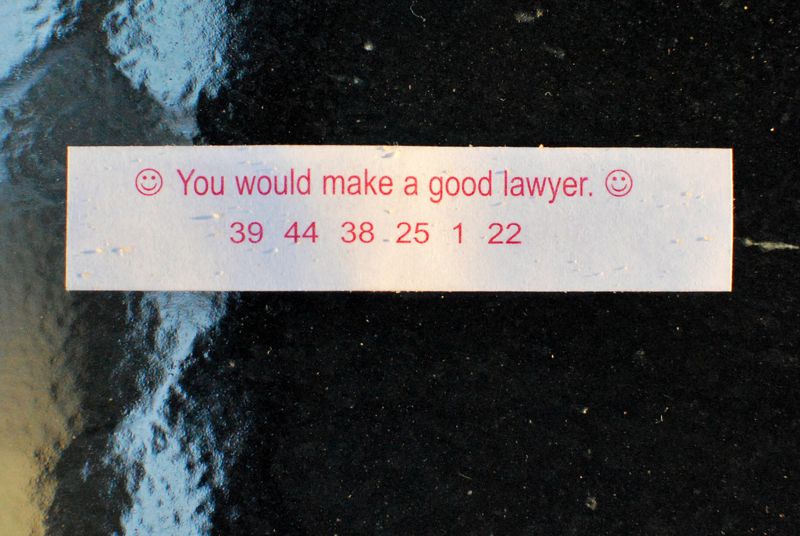
But what happens if you're just a regular person, someone who doesn't even have more than a hundred followers on Twitter? I'm not a lawyer (or a person who has a lot of Twitter clout), but in my layperson research, a defamation case against a private citizen in the United States mostly boils down to one question: Is what Person A saying about Person B true?
Good to know the truth is always a defense, right? Well, in Japanese libel and slander cases, the truth won't necessarily help you. Instead, it all comes down to reputation. (The Japanese word for defamation is meiyokison 名誉毀損, which, when broken down, literally means "damaged honor".) Even if a published statement is 100% true, it can still be considered defamatory if it irrevocably hurts the subject's reputation and oftentimes the question of truth doesn't really enter the equation. For example, in 2012 a Japanese man discovered that when he put his name into the Google search bar, it autocompleted results that implied he had a criminal record, and this man argued these autocomplete search results were severely damaging his reputation. Some sources strongly implied this man really did have a criminal past, others said that he was innocent. But it didn't really matter either way—the Japanese court ordered Google to remove the autocomplete terms, which they did.
So You're Being Sued
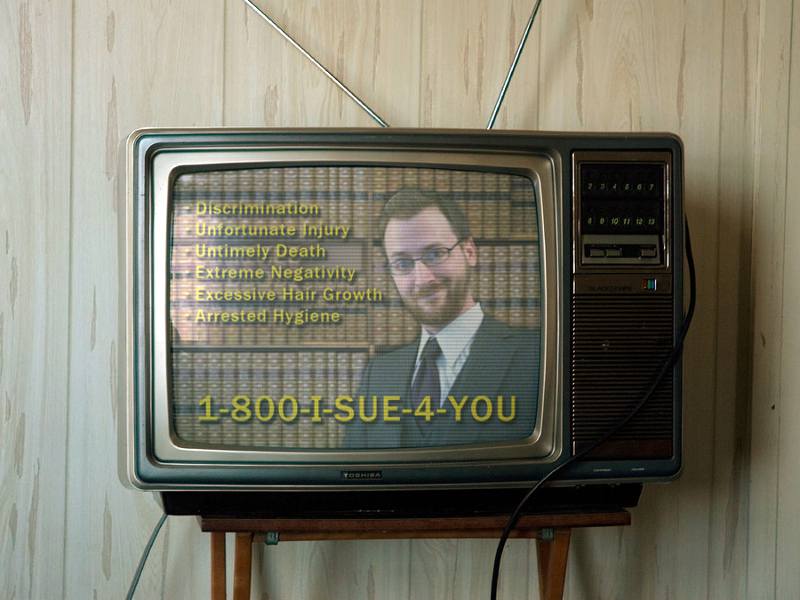
Okay, so what happens if you're the one being sued for defamation in Japan? Well, if you're a weekly magazine, this really isn't so bad. In fact, this is probably a consequence you've already accepted in exchange for printing a really juicy, salacious story that's going to sell a whole lot of magazine issues. Being sued is all part of publishing life in Japan, because it's relatively easy for a plaintiff to make a successful case and there usually isn't a huge amount of money involved anyway. This is in pretty steep contrast to the United States, where defamation cases might be settled for millions of dollars. In Japan, you won't typically get a lot of yen for your trouble. It's a question of pride, not money.
Things can get bad, though, if you're being brought up on a criminal charge, and you could be facing a jail sentence of up to three years. Again, it's about losing reputation and respect. In the United States, defamation cases are only civil cases, with no jail time for the defendant. (Just a big check to write.) In Japan, defamation can be a civil case or a criminal case, depending on how the plaintiff wants to go about things. (Are they out for cash or are they out for blood?)
Injunction, What's Your Function?
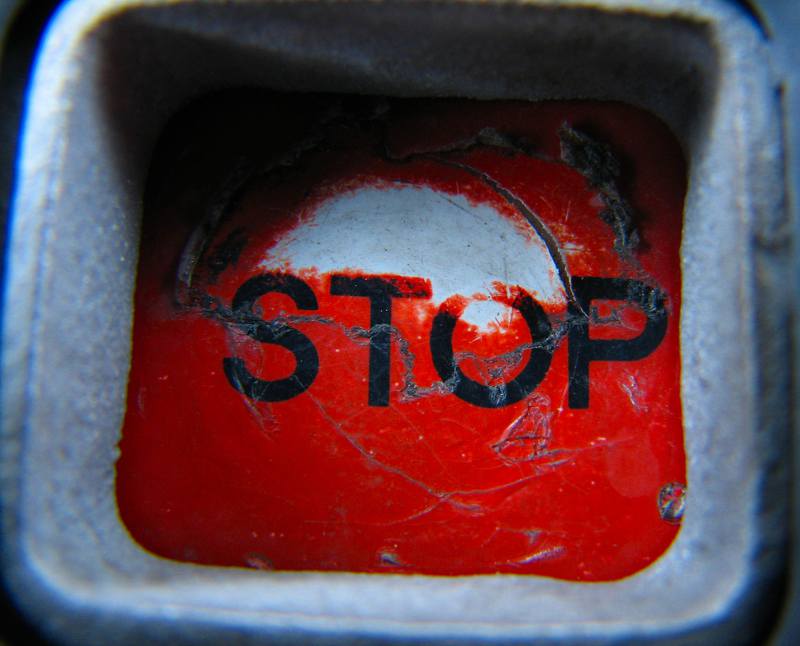
But sometimes it's not enough that there's a payout or a prison sentence. Japanese publications also face the occasional injunction. An injunction, in this context, is a court order demanding that a publication not print or distribute a particular story or fact. In the United States, injunctions (theoretically) don't happen: the media can be held responsible after something's been published, but not before. In Japan, an injunction is fair game if it will irrevocably damage someone's reputation. (At this point, you may be sensing a theme here.)
For a better sense of how this whole injunction thing works in the name of libel, I present Hoppo Journal Co. v. Japan. In 1979, a Supreme Court allowed an injunction against an article about Kozo Igarashi, a local mayor planning to run for governor of Hokkaido. Igarashi's lawyers argued that Hoppo Journal had written defamatory statements about Igarashi that, if widely released, would severely damage Igarashi's reputation. To be fair, I wouldn't like it if a magazine article said I was a "cockroach" and "an ugly character hiding behind a beautiful mask," like the Hoppo Journal said of Igarashi, but I would also argue that few of Hoppo Journal's readers probably took this language literally. Still, the court thought otherwise, and Hoppo Journal had to pull its article about Igarashi, the masked cockroach running for governor of Hokkaido.
Court Is Adjourned
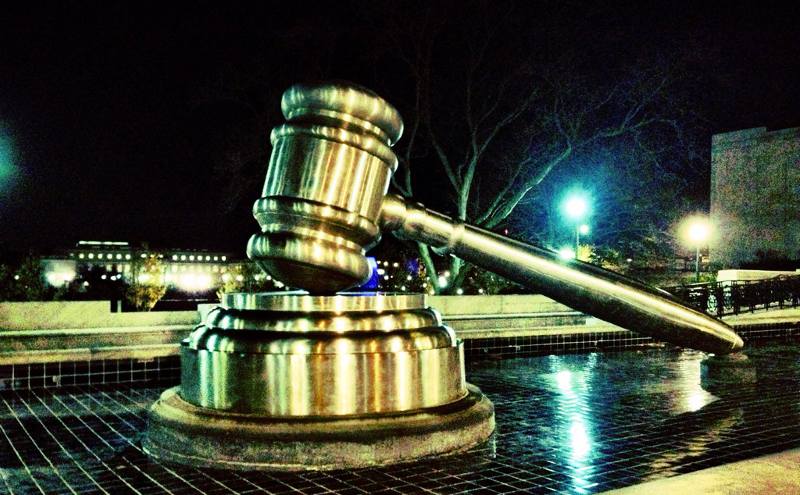
Freedom of speech and press is a closely held right and ideal in most countries, and Japan especially has a very liberal ruling on free speech built right into their constitution: "Freedom of assembly and association as well as speech, press and all other forms of expression are guaranteed." That's actually a way broader free speech law than a lot of other developed countries have. (Canada, what's up with the whole "reasonable limits" on your "rights and freedoms" thing, eh? And England, why the crazy intense libel laws, huh? Though to be fair, the United States has its own dubious free speech baggage. See: WikiLeaks.)
But Japan is also a country with a constitution that's extremely close to that of the United States. (Hence why I compared Japan law to United States law. Also, I'm American and this is what we do.) Yet, for better or worse, Japan interprets its open-ended free speech laws in ways that a United States court never would. We don't necessarily think about it, but laws like those for libel and slander interpret culture into action and it's pretty clear how Japanese courts use defamation law to best meet Japanese culture. Maybe samurai aren't falling on their swords anymore, but reputation and social standing are still meaningful things in Japan, and their effects are far-reaching, right down to how Google autocorrects your name.
